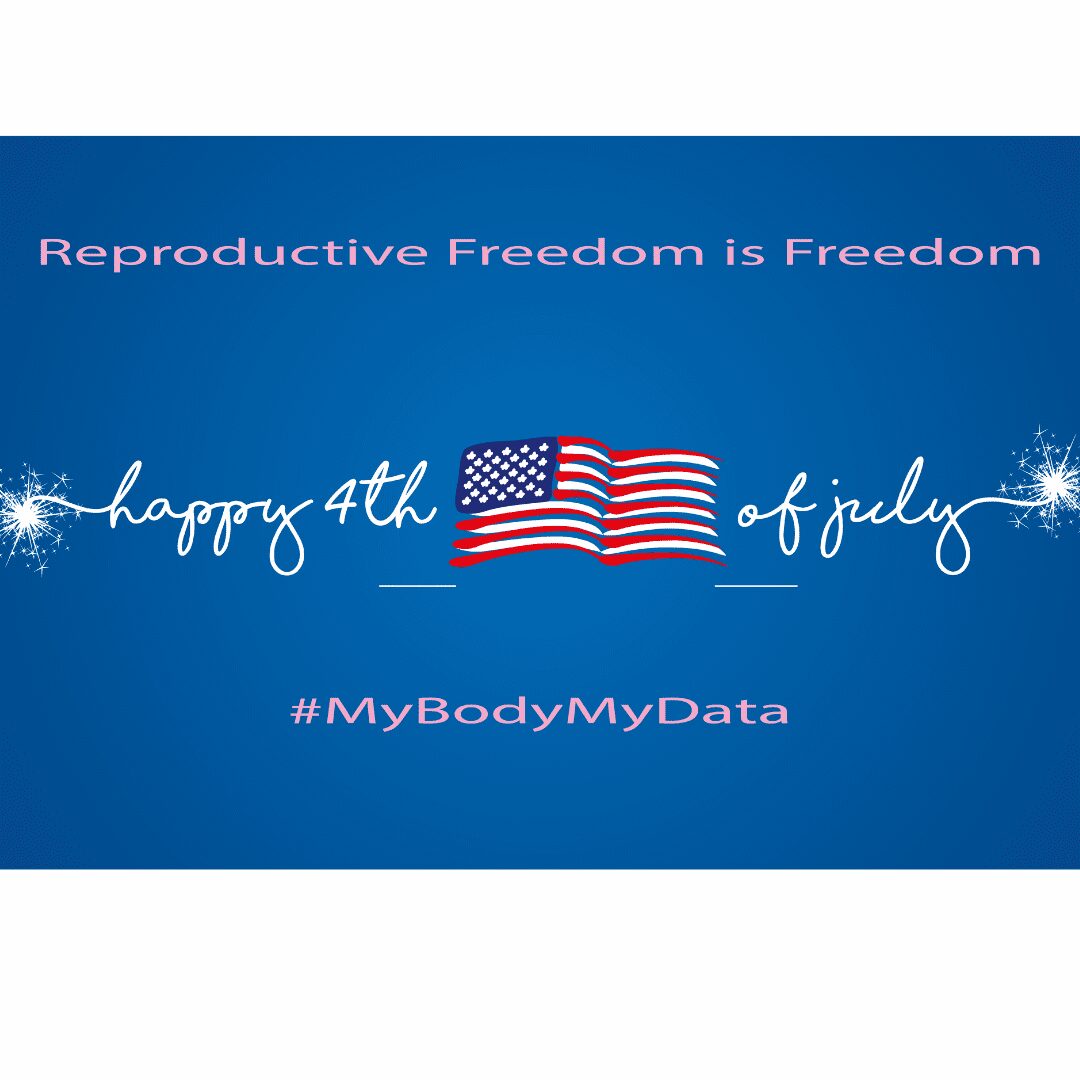As of June 30th, these are the states in the United States in which abortion is entirely or mostly banned following the Supreme Court’s overturning of Roe v. Wade last Friday, June 24, 2022. The states in burgundy have banned abortion in most cases. The states in blue have temporarily blocked trigger bans and it is likely that abortion will be banned within some days.

Alabama Kentucky Missouri Oklahoma Tennessee Utah
Arkansas Louisiana Ohio South Dakota Texas
The 4th of July, American Independence Day, marks 246 years of freedom in the United States. Freedom is the power or right to act, speak, or think as one wants without hindrance or restraint. The ability to decide whether or not you would like to bring life into the world seems like one of the most basic forms of freedom. Freedom to decide what you do (or do not do) with your body seems like a basic form of freedom. It is not fair to pick and choose. Reproductive freedom is freedom.
What protects health data?
Seeking an abortion is a private and deeply personal decision.
While recent news has prompted increased concern over data privacy, women’s health data have been inappropriately tracked for years.
Target
A couple of years ago, Target, a Fortune 500 company, was under fire for tracking the purchasing patterns of women to predict whether or not they may have been pregnant.
Why?
To produce targeted ads.
The digital economy relies heavily on collecting data to sell products and services.
Target inappropriately used personally identifiable information or PII to track women on baby registries. They found that these women were buying large amounts of unscented body lotion and dietary supplements such as magnesium, zinc, and calcium towards the beginning of their second trimesters. Target statisticians used this information to create something they called a ‟pregnancy prediction score.” They would assign this score to female shoppers based on their purchases.
Federal policies must be in place to protect data of all forms and block data collection for the sake of third-party profit.
#MyBodyMyData
The My Body, My Data Act of 2022, introduced by Congresswoman Sara Jacobs, seeks to limit the forms of collecting reproductive and sexual health data, which are not covered under HIPAA. The bill covers apps, services, websites, and searches. The Federal Trade Commission should create new standards to protect sensitive health data, as corporations have already demonstrated they cannot to trusted to take the ethical route. Under the My Body, My Data Act, organizations must be completely transparent about what user data they collect and what they do with them. It will require individuals to opt-in and acknowledge tracking.
I hope everyone has a safe and relaxing long weekend.
Himaja


